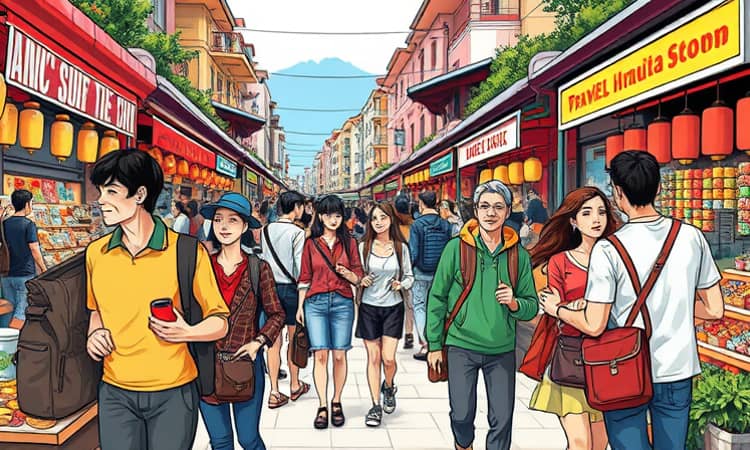Traveling can be one of the most enriching experiences of your life, offering the chance to explore new cultures, cuisines, and landscapes. However, safety should always be a top priority when visiting unfamiliar places. Whether you're traveling solo, with friends, or family, understanding the basic safety protocols can make a significant difference in your overall experience.
Here are five essential travel safety tips that everyone should keep in mind. By following these guidelines, you can navigate your trip with confidence and peace of mind, allowing you to fully immerse yourself in the adventure ahead.
From researching your destination to securing your valuables, these tips provide a solid foundation for a safe travel experience, ensuring that your memories remain positive and stress-free.
1. Research Your Destination
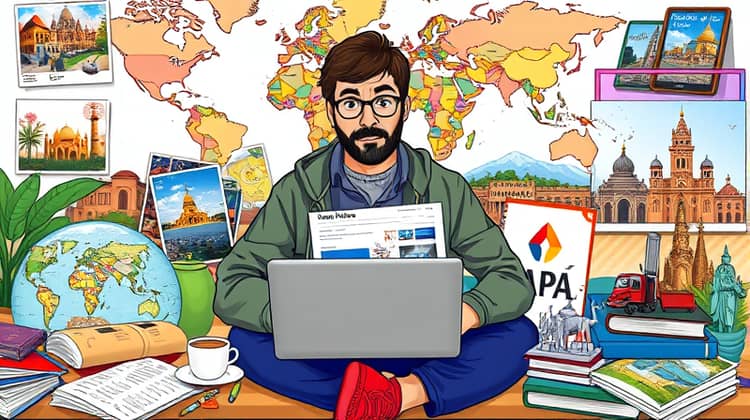
Before setting off on your trip, it's crucial to gather reliable information about your destination. Each place comes with its own cultural nuances, local laws, and safety concerns. Spend some time reading up on the area to avoid any potentially hazardous situations that could detract from your travel experience.
Understanding the geography, local transport options, and language can also come in handy, especially if you find yourself in an emergency. Knowledge is power, and a well-informed traveler is a safer traveler.
- Review reputable travel guides and blogs.
- Check local news for any warnings or advisories.
- Learn about the local culture and customs.
2. Keep Your Valuables Secure
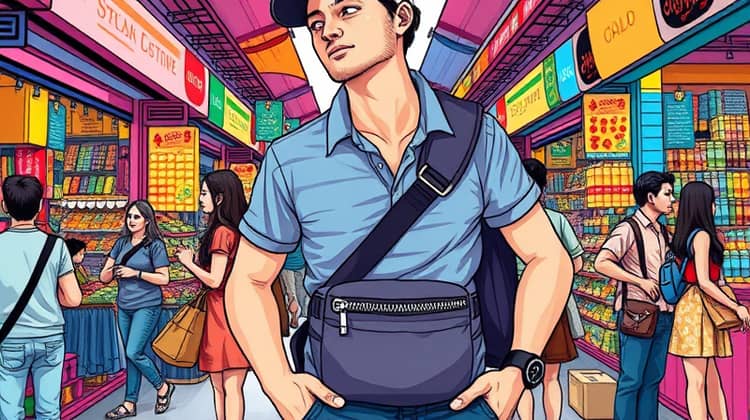
One of the most effective ways to ensure your safety while traveling is to be mindful of your belongings. Pickpockets and theft can happen in crowded or unfamiliar places, so it's essential to keep your valuables secure at all times. Use secure bags or pouches and be aware of where you store your essential items.
Additionally, never display large amounts of cash or expensive equipment, such as cameras or jewelry, in public. The more discreet you are, the less likely you are to attract unwanted attention.
- Use a money belt or hidden pouch for valuables.
- Keep your bag zipped and close to your body.
- Stay aware of your surroundings, especially in crowded spaces.
By taking these precautions, you can significantly reduce the risk of losing your valuables or becoming a target for theft.
3. Stay Connected

In today's digital age, staying connected while traveling is easier than ever and can greatly enhance your safety. Make sure to have a mobile phone with a working SIM card or a reliable international plan so that you can always reach out for help if needed. Remaining connected allows you to share your location with someone you trust, which can be invaluable during emergencies.
Furthermore, consider downloading useful apps that provide maps, translation services, and emergency contacts. Having access to these resources can make a world of difference when navigating new locales.
- Download offline maps to help you navigate.
- Utilize translation apps for clearer communication.
- Share your itinerary with friends or family.
4. Be Aware of Your Surroundings
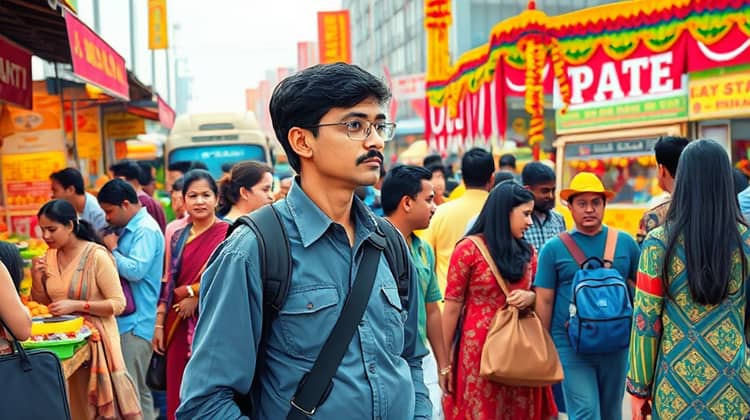
Staying aware of your surroundings is one of the most fundamental safety tips for travelers. Always pay attention to the people and environment around you, especially in crowded places like markets, festivals, and public transport. If something feels off or makes you uncomfortable, trust your instincts and remove yourself from the situation.
It’s also wise to avoid distractions, such as being absorbed in your phone or wearing headphones while exploring. Being present allows you to better assess any potential threats and act accordingly.
- Observe local behavior and dress appropriately.
- Avoid sketchy areas, especially after dark.
- Trust your instincts; if something feels off, leave.
5. Have Emergency Information Ready
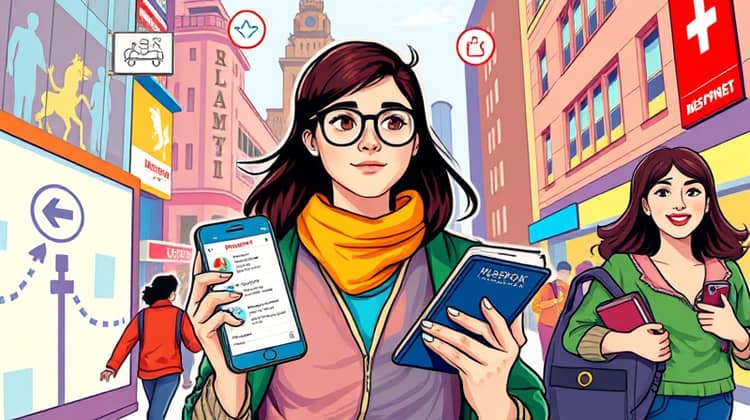
No matter where you travel, it's imperative to have emergency information readily available. Create a list of important contacts, including local emergency numbers, your country's embassy, and any necessary medical facilities in the area. Keep this information in your wallet or phone for quick access.
Additionally, ensure you have travel insurance that covers theft, accidents, and medical emergencies. This safety net can make a significant difference should something go wrong.
- Write down emergency contacts and resource numbers.
- Carry a copy of your travel insurance policy.
- Note the location of the nearest hospital or clinic.
By being prepared and having vital information on hand, you can respond effectively to any emergencies that may arise.
Conclusion

In conclusion, being a savvy traveler requires vigilance and preparedness. By taking the time to research your destination and keep your valuables secure, you provide yourself with a solid foundation for a safe trip. Remaining connected and aware also enhances your ability to navigate challenges should they arise.
Remember that travel safety is not about being fearful; instead, it’s about being mindful. Following these tips will not only safeguard your personal safety but will also enrich your journey by allowing you to enjoy every moment without unnecessary stress.
While it’s impossible to control every aspect of your travel experience, being proactive in your safety will grant you peace of mind and the freedom to explore the world fully.

